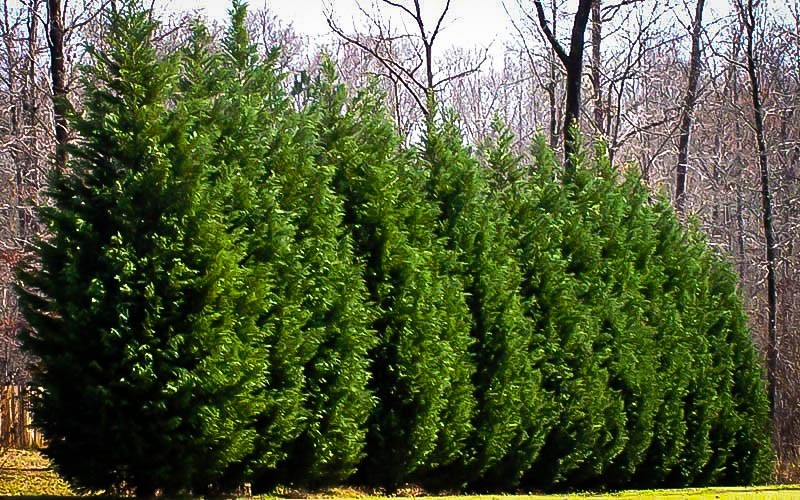
I came to appreciate what the trees meant after they were gone

Looking back at my childhood, I think of lazy afternoons spent in my nana’s garden amidst the magnificent saru tress. With the passing hours, their shadows would elongate -- crawling slowly but surely to me. I felt a strange kinship with them like we had an unspoken code between us.
Nana’s house was the house with tall saru trees if anyone ever needed directions to get there. We learned this bit of information and were able to repeat it as little kids to our friends and relatives. ‘But, why would nana pick out these trees?’ I would think. These trees never had blooming flowers nor did they bear fruit. Instead, they stood erect like vigilant palace guards. No sprawling roots, no falling fruits, no attempts made at shaking up the existing order. If you didn’t look at them, you would forget that they were there. Until the sun began to set and their shadows began to grow.
A few years and conversations later, I was able to put the puzzle pieces together. Having narrowly escaped bullets on the train from Amritsar to Lahore in 1947, the stakes for him to make Pakistan his own were quite high. He left everything behind, except the memory of the sarus of his childhood in the Kashmir valley where he was actually from.
The valley was among the places where the Mughals had created ethereal gardens based on the Chahar Bagh Model wherein saru trees or cypress trees represented eternity.
But, after nana passed away, the house with the saru trees was sold and the trees were felled. Driving past the house a few months after all of this happened was disorienting. Without the trees of my childhood, I had no idea where I was going. All other markers blurred into a hazy insignificance. I was shamefully lost in a locality I had known so well.
I came to appreciate what the trees meant after they were gone. It seemed much more than losing a powerful motif in both of our childhoods; what hit me was the realisation that your childhood can quickly become a bruise of longing when you lose people and places representing our early years.
I have seen my father’s side of the family worry and struggle to keep the papaya trees that my paternal grandfather planted during his lifetime healthy. Each sibling takes some degree of pride when the efforts prove fruitful -- it is almost like watching them compete for familial love as siblings do. If these trees exist and bear fruit, they sleep a little easier.
Read also: When a tree was martyred
Now, living, breathing and fragrant flowers are growing out of my nana’s grave. There is a big shady tree above it to keep the temperature cool. It is strange to drive from the graveyard where he is buried in the other end of Lahore to the Sherpao Bridge where felled trees that once gave a lease of life to the polluted city are stacked on top of each other in what looks like an open mass grave. ‘Construction work is underway and any inconvenience is regretted.’
Convinced of our status as the last beings on earth and the fantasy of collective immortality that this idea propagates, we may in a not-too-distant future not only endanger our own existence as our cities become unliveable but find that our poor trees have no one to surrender to.